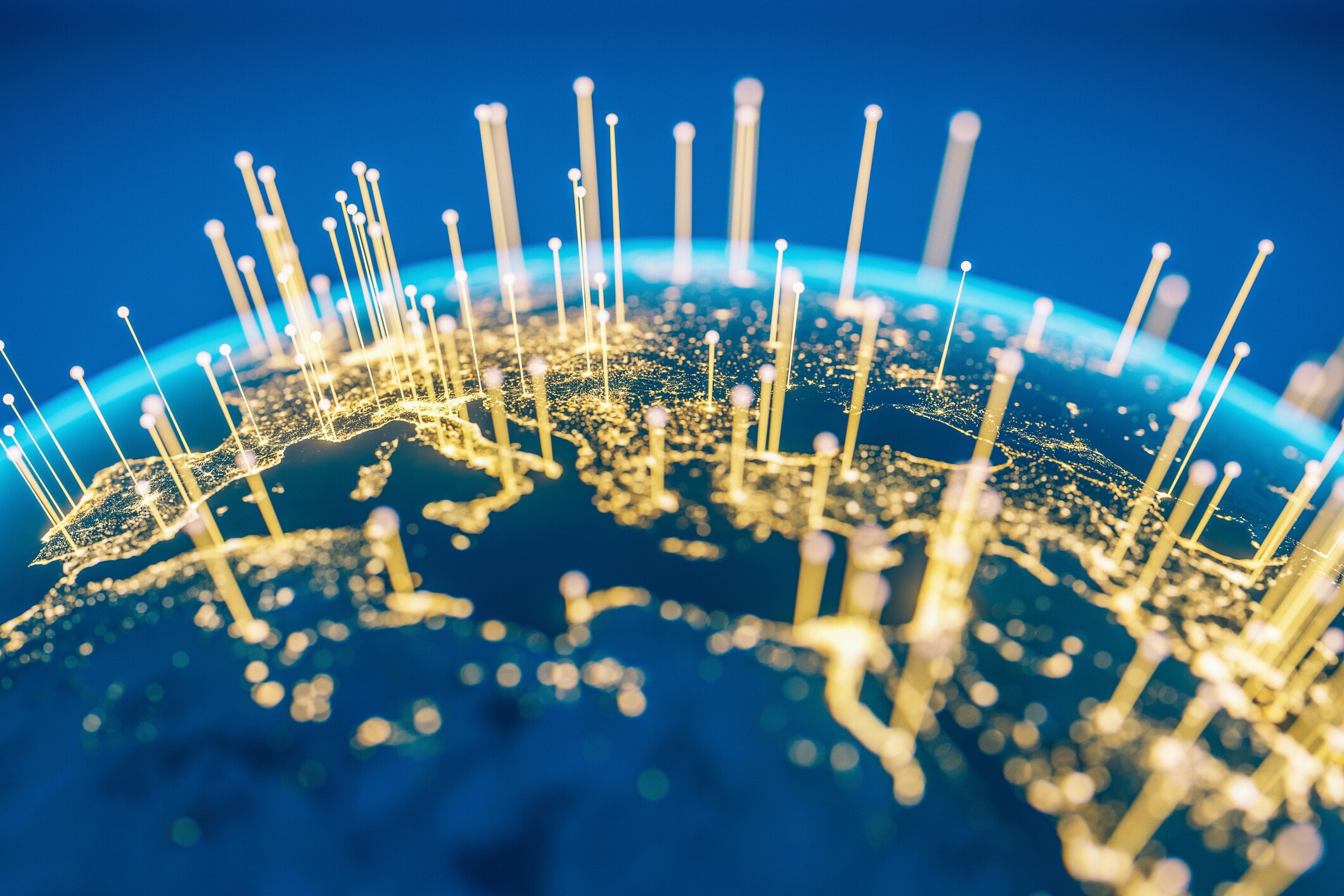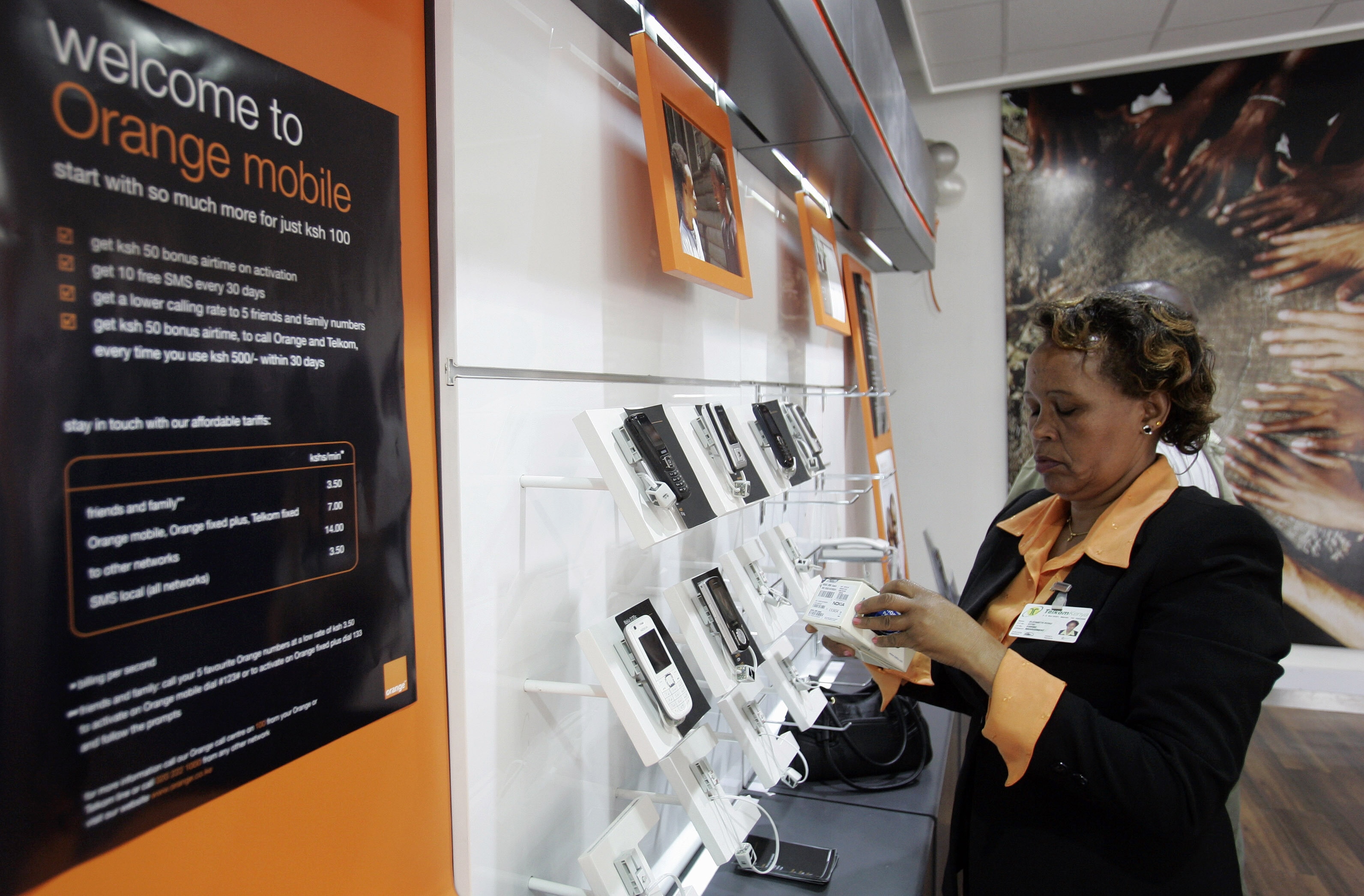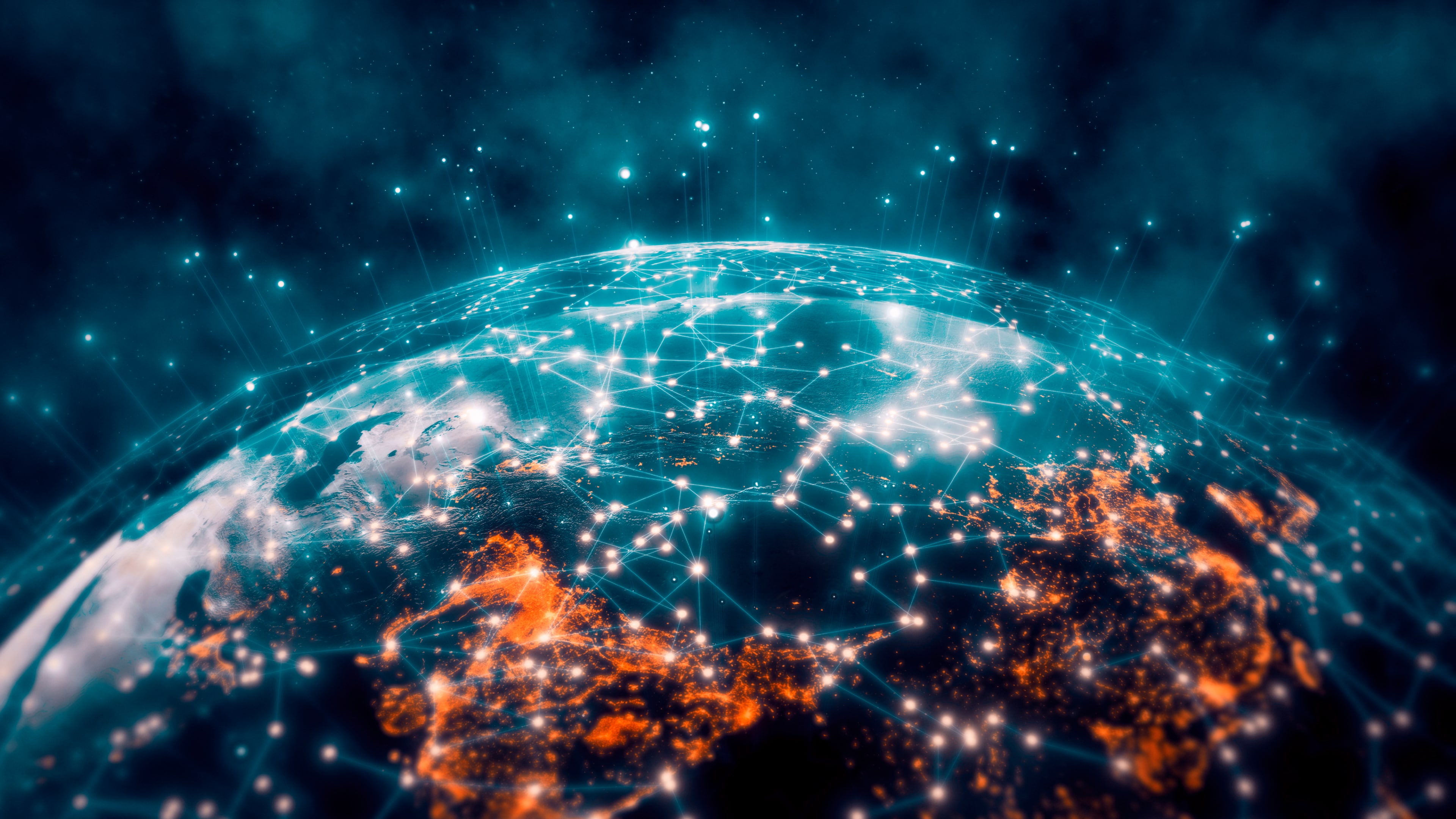Why we must act now to close the gender gap in AI

The gender gap in AI has been exacerbated by the pandemic.
Image: Unsplash/Christina@wocintechchat.com
Gabriela Ramos
Assistant Director-General for the Social and Human Sciences, UNESCO (United Nations Educational, Scientific and Cultural Organization)Stay up to date:
Emerging Technologies
- The gender gap in AI is caused by the exclusion of women at every stage of the AI life cycle, risking a vastly inequitable economic and technological system in an age where digitalization is fast advancing.
- Concrete policy actions are needed to foster women and girls’ full participation in the digital sector in tandem with holistic responses to systemic gender discrimination.
- In November 2021, all 193 United Nations member states adopted UNESCO’s Recommendation on the Ethics of Artificial Intelligence, the first global standard-setting instrument for AI.
The last five years have seen unprecedented rates of digitalization across every sector of the economy, catalyzed by the pandemic. In 2021 alone, $93.5 billion in private investment was poured into the field, more than double the figure of 2020. Women, however, are being left behind at every step of the artificial intelligence (AI) life cycle – the technology powering the digital transformation.
This gender gap in AI is self-perpetuating. And it risks us being left with an economic and technological system with a massive underrepresentation of women.
The gender gap in AI
Women are not as “online” as men. The pandemic accelerated mobile internet adoption; however, women are 16% less likely than men to use mobile internet across low-and middle-income countries, according to the GSMA data.Then the disparity in the number of women versus men in industry 4.0 exacerbates the lack of entry points for women into tech.
This huge inequity is a problem that has seen no improvement over the past decade, with the share of female artificial intelligence (AI) and computer science PhDs stuck at 20%.
These are pressing problems alone but also lead to ripple effects across the rest of the AI life cycle, particularly in innovation and development. As recent research by the World Economic Forum demonstrates, the percentage of male graduates in Information and Communication Technologies (ICT) is 400% higher than women graduates (8.2% versus 1.7%).
The tech workforce continues to be dominated by men, with only a quarter of all tech jobs held by women and the majority of technical and leadership roles held by men. Specifically, women make up only 22% of AI professionals globally. Only 13.83% of AI paper authors are women, only 18% of authors at the leading AI conferences are women and just 2% of venture capital was directed towards start-ups founded by women in 2019.
These numbers are an affront to key principles of diversity and inclusion. But the lack of female participation in this sector is also a detriment for the industry as a whole, which becomes more effective the more gender-diverse it is.
COVID-19 threatens to exacerbate this trend further. Women in tech are twice as likely as men to have lost their jobs and 42% of women in tech say they took on most of the household work during the pandemic; therefore, the inequality women experience at work is compounded by the inequality they face at home.
The lack of gender diversity in the workforce, the gender disparities in STEM education and the failure to contend with the uneven distribution of power and leadership in the AI sector are very concerning, as are gender biases in data sets and coded in AI algorithm products. These systems replicate patterns of gender bias in ways that can exacerbate the current gender divide by spreading and reinforcing harmful gender stereotypes.
The lack of gender diversity in the workforce, the gender disparities in STEM education and the failure to contend with the uneven distribution of power and leadership in the AI sector are very concerning, as are gender biases in data sets and coded in AI algorithm products.
”Addressing systemic inequality
The key challenge here is addressing the inequity at every stage of the life cycle. We must legislate equality and promote diversity to combat these issues effectively and efficiently.
Concrete policy actions must be put in place to foster women and girls’ full participation in the digital sector while at the same time addressing the entrenched stereotypes and social norms that stubbornly lead to discrimination and even violence against women. Beyond national legislation, we need a global standard — a normative instrument to guide the development and use of AI to ensure that they work for the good of all individuals and particularly women and girls.
UNESCO has taken on this challenge.
At the request of its members, UNESCO developed the Recommendation on the Ethics of Artificial Intelligence, the first such global standard-setting instrument for AI, which all 193 Member States adopted in November 2021.
The recommendation lays the groundwork for a digital transformation that promotes human rights, human dignity, gender equality and environmental sustainability. It achieves this through an interrelated set of values, principles and policy actions to guide AI’s ethical development and use.
Critically, the recommendation pushes governments to promote gender equality, the value of “ensuring diversity and inclusiveness” and the principle of “fairness and non-discrimination,” building the ethical ground for a gender-equality imperative in the digital era.
Concrete actions to tackle this problem, as included in the recommendation, include:
- Dedicating funds from the public budgets linked to financing gender-related schemes.
- Ensuring that national digital policies include a gender action plan.
- Addressing the issue of wage and equal opportunities gaps at the workplace, which have been a major obstacle to women’s economic empowerment for decades.
- Encouraging female entrepreneurship, participation and engagement in all stages of the AI life cycle.
- Investing in targeted programmes to increase the opportunities for girls’ and women’s participation in STEM and ICT disciplines.
- Eradicating gender stereotyping and ensuring that discriminatory biases are not translated into the AI systems.
UNESCO is also developing two innovative tools – Readiness Assessment Methodology and Ethical Impact Assessment – to ensure AI is used to advance the rights of all individuals, including women and girls.
Today we stand at a crossroads: the choice between progress and replicating the physical world’s inequalities and discrimination in the digital world. Even though digital technology will become more widely available in the market, the digital gender gap has always existed and will continue to exist unless we change the gendered social norms.
We cannot wait another 132 years to close the global gender gap as indicated in the Global Gender Gap Report 2022 and It is now the time for governments and international organizations to catch up to the rapidly expanding industry, especially now with the tools provided by UNESCO to bridge the gender gap in AI.
We have an ethical imperative to close this gap and to ensure AI, the future of digital technology, helps to shape a more inclusive, equal and just world.
Don't miss any update on this topic
Create a free account and access your personalized content collection with our latest publications and analyses.
License and Republishing
World Economic Forum articles may be republished in accordance with the Creative Commons Attribution-NonCommercial-NoDerivatives 4.0 International Public License, and in accordance with our Terms of Use.
The views expressed in this article are those of the author alone and not the World Economic Forum.
Related topics:
Forum Stories newsletter
Bringing you weekly curated insights and analysis on the global issues that matter.
More on Emerging TechnologiesSee all
Mark Esposito
July 24, 2025
Anthony Cano Moncada
July 23, 2025
Manikanta Naik and Murali Subramanian
July 23, 2025
Kate Whiting
July 21, 2025
Ali Alwaleed Al-Thani and Santiago Banales
July 21, 2025






